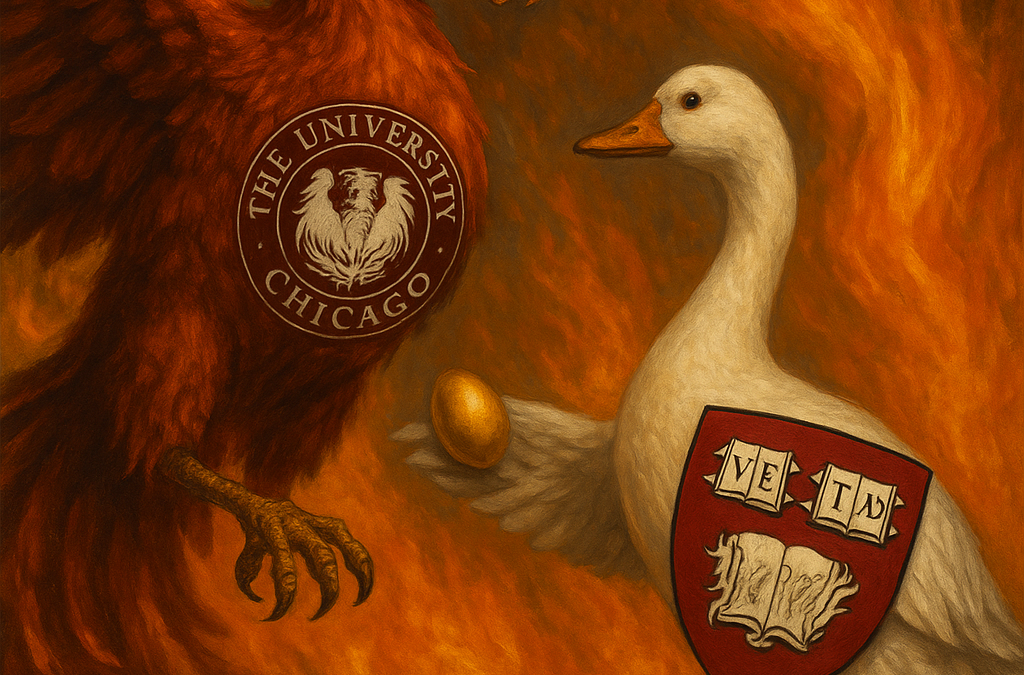
Time is the ultimate existential risk.
I know this not just from deferring to the vague idea of theory or of an arcane book somewhere. It’s something that I’ve experienced deeply and intimately from my own struggling with the realities of procrastination in a world that seems to tolerate it on the surface, but only because I wasn’t able to appreciate what that procrastination brought about, the end of many different things, on timescales that I did not appreciate and therefore could not apprehend.
Now the thing is, as a child, you maybe don’t appreciate that time is passing. Far from it. When you’re in the midst of school, it feels least like time is passing. In boring afternoon lectures, it can feel like the entire moment has lasted more than a lifetime plus some change. And still, the teacher is there yapping about something that you don’t really care too much about.
All of us understand in life that all things come to an end.
Human lifespans are finite, averaging 72.6 years according to the WHO in 2019, with exceptions like Japan at 84.5, Singapore at 83.9, and Monaco at 89.4. The average career is 40 years.
School concludes in no more than 6 years at elementary level, 5 years in secondary. It kinda depends what kind of schooling system you go for and where you were born, but that doesn’t really matter. From school, maybe you work, or if you’re lucky enough, you go on to university. Then poof, 4 years later, maybe you graduate, get a new degree, and so on so forth – but in the moment, it feels like you were engaging with a distant theoretical concept, and the temptation draws us in to believe a quixotic ideal:
“This moment will last forever.”
But it will not.
Though you may feel that it will last forever, you will see that the whole affair was much shorter than you think.
That was high school for me. A time that felt like infinity, but that somehow turned into vague memories of the past – something so far away that it feels like it was only a theoretical existence.
If I were to generalize, time is the ultimate existential risk because time brings everything to an end.
Without question, whether you’re young or old, there will one day come a time when you too will die. In the long run, all there is is death. In the longer run, perhaps beyond the end of the expansion of species, potential nuclear wars and maybe other sorts of conundrums and fracas as well, there will lie the death of our sun. And beyond the death of our sun, in its eventual outburn of hydrogen, rendering human life, existence, love, hatred, on our pale blue dot into the whisper of nothingness into the ear of the universe, then will come the eventual death of the galaxy alike. And when we take the timescale slider all the way to the right, moving beyond the horizons of the past and into a future so distant that none of us could possibly ever experience it, there we shall see, at the close of the metaphorical curtains that circumscribe an infinitely expanding universe, the heat death that attends the logical consequence of entropy taken to ultimate limit.
The practical time constraints, though, take place over smaller and more seemingly trivial time scales that seem petty in the universal yet are infinitely meaningful in the everyday.
At different times and decision points, we often have to make decisions that are crucial, that determine the entire future course of our lives, career, relationships, the people we talk to, the people we choose not to talk to – the events that take place in the days, the months, the hours that we spend in the course of a waking day: All these things influence the opportunities, moments, encounters, people that we meet along the way on this strange and wonderful journey of life.
In a personal capacity, I don’t look towards things that are especially grand. I have no dynastic vision of being enshrined forever in the universe’s collective memory.
In this limited time that I have upon Earth, I think I would want to follow the resonance of my soul. Within the set of all possible resonances, though, I can see the multiverse split into a million different parts, which in turn split into a million different parts, many of which involve me pointing at the absurdity of thinking purely on the scale of trillions, when in reality, that multiverse is infinite. At the same time, though, I imagine that some of those universals will involve me taking a different tack and simply looking forward to the more meaningful thoughts, ideas, and and notions in a life that I hope won’t be a constant running away from time and its logical consequences.
In the upcoming days, and through this dance with time, there are a few things I hope to do.
One of them is to move fast, to develop the ability to get things done efficiently in order to save the time that I otherwise would want for a hundred different other things. Video editing, traveling, hanging out with friends, spending time with family, all of those cool experiences that make up the entirety of a meaningful life. I hope to get work done quickly and also high in quality to make sure that the scope of my ambitions and goals can come to fruition over the timescales that determine their binary success and with better coordination.
So many things go into that. Organizational skills, the discipline to persist even when it feels uncomfortable, and the strength to be resilient, adapt, be vulnerable, and to know that there are so many things that aren’t perfect about the way that we are going about life.
At the end of the day though, time’s reality remains, whatever machinations, efficiencies, ideas, or thoughts should come into play.
But I would hope in my heart of hearts though that at the very least, one thing will be true: That at the end of the day, when I take into account all the moments that had passed, that somehow I would think that all of it had been worth it, that the journey had been worthwhile, the process was meaningful, the memories were great, and that somehow or another every single moment was a moment that was meaningful, even if it was not joyful, even if it was not the greatest of happinesses.
I think that’s about the most that a person can ask for in this timeline. To be able to look back at it all and say, wow, that was pretty cool. It’s kind of unclear where things will head towards in the finality of my moments because those are far from here.
But for all we know, maybe this helped to set the direction.




